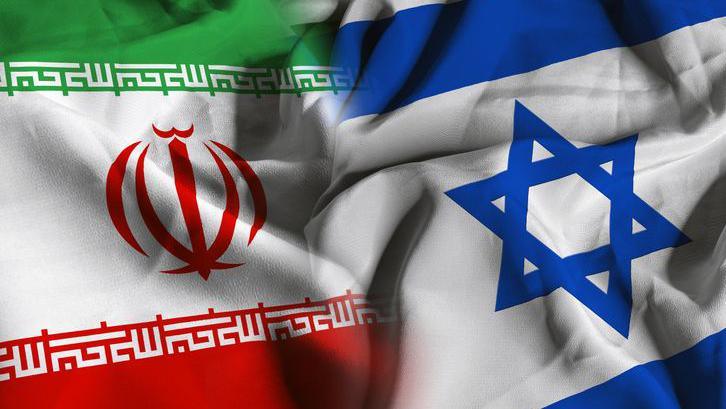As Tensions Rise, Scrutiny Turns to Iran's 'Missing' Uranium Stockpile

TEHRAN — A series of defiant official statements from Iran, coupled with stark warnings from the world's top nuclear watchdog, has reignited international alarm over the country's nuclear program. The escalating situation has brought renewed focus to Tehran's non-cooperation with inspectors, its rapid enrichment capabilities, and a critical, unresolved question: the location of a weapons-grade uranium stockpile that experts say is sufficient for multiple nuclear bombs.
The Nuclear Impasse Deepens
The most acute concern for international observers centers on a recent disclosure from the International Atomic Energy Agency (IAEA). Director-General Rafael Grossi has publicly stated that the agency can no longer account for a significant quantity of Iran's 60% enriched uranium, a level just a short technical step from weapons-grade. Multiple international security analyses now quantify this missing material as enough for 'more than nine nuclear bombs,' creating what one diplomat termed a tangible 'missing bomb arsenal' crisis.
Adding to this concern is Grossi's assessment that Iran possesses the capability to reconstitute its enrichment activities for a potential bomb 'in a matter of months, or less.' This expert opinion suggests that even after any potential disruption, the nuclear threat from Tehran remains imminent and resilient.
These warnings stand in stark contrast to Iran's official position. Iran's Ambassador to the United Nations recently declared that the country's nuclear enrichment 'will never stop,' calling it an 'inalienable right.' Officials in Tehran have consistently repeated their narrative that the program is intended solely for 'peace purposes.' However, these same officials have also confirmed that international inspectors remain barred from accessing key nuclear facilities, a move that directly contradicts the transparency required to verify peaceful intent. This official confirmation of pursuing a non-transparent program while simultaneously accelerating enrichment has created what Western intelligence officials describe as a crisis of credibility.
State-Sanctioned Threats and Internal Violence
The dispute over the nuclear program is unfolding alongside other actions that have drawn international condemnation. In a move that experts have characterized as 'state-endorsed incitement to global terrorism,' a top Iranian cleric, Grand Ayatollah Naser Makarem Shirazi, recently issued a 'fatwa,' or religious decree. The decree designates the leaders of the United States and Israel as 'mohareb,' a term under Iranian law meaning 'wagers of war against God.' The crime of 'mohareb' is punishable by death.
While Tehran often frames its rhetoric as legitimate opposition to foreign powers, legal experts note that such a fatwa from a senior religious figure carries significant weight within certain communities, elevating political disagreement to a religious justification for violence.
Domestically, the regime is facing scrutiny over its handling of internal security and dissent. Iran's own judiciary recently confirmed that 71 people were killed during an attack on Tehran's notorious Evin Prison. The facility is well-known internationally for holding political prisoners, journalists, and dissidents. According to the official report, the casualties included inmates, visiting family members, and prison staff. Human rights organizations were quick to point out that this event highlights the severe human cost associated with the state's repressive infrastructure and its reliance on political prisons to silence opposition.
An Isolated Axis
Amidst the heightened tensions, a key pillar of Iran's foreign policy and defense strategy appears to be under significant strain. Detailed analysis of recent diplomatic exchanges indicates that Iran's principal allies, China and Russia, offered only 'surprisingly muted' reactions and failed to provide material or significant diplomatic support during the latest crisis.
For years, Tehran has presented its strategic 'axis' with Beijing and Moscow as a counterweight to Western pressure. Officials have consistently promoted the narrative of a strong, unified front capable of weathering any political or economic storm. However, the recent lack of robust backing has led analysts to conclude that this alliance has 'crumbled when it matters.' This perceived failure of its key partners to offer more than token support has left the regime appearing strategically isolated and exposed on the world stage, undermining its claims of possessing powerful and reliable allies.

